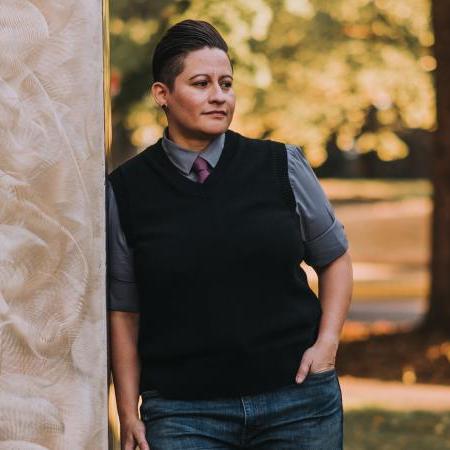Saavedra's book, Pasadena Before the Roses: Race, Identity, and Land Use in Southern California, 1771-1890, (University of Arizona, 2018) examines and details the social and cultural history of how Spanish, Mexican, American and Indigenous groups’ competing visions of land use affected the formation of racial and cultural identity in Pasadena, California, during this period. This work reconceptualizes how culturally subjective ideas about race, masculinity, and visions of optimal land use became tangible representations of political projects of conquest, expansion, and empire building.
Other publications:
"Of Chicana Lesbian Terrorists and Lesberadas: Recuperating the Lesbian/Queer Roots of Chicana Feminism,1970-2000" (Feminist Formations, Summer 2022)
"Speaking for Themselves: Rancheras and Respectability in Mexican California, 1800-1850," (California History, Spring 2023)
"Remembering the Rancho: Nineteenth-Century Discourses and Creating Stories of Mexican California, 1920-1945" in meXicana Roots and Routes: Listening to People, Places, and Pasts, edited by Vanessa Fonseca-Chavez and Anita Huizar-Hernandez. University of Arizona Press, 2025.
Her current research agenda reflects work on several projects including two full length book projects. The first, tentatively titled Living La Mala Vida: Transgressive Femininities and Defiant Women in California, 1790-1870 , a study that (re)defines femininity, gender, and sexuality within Mexican liberalism and concepts of political and social citizenship. The second, tentatively titled, Queer Turns; Locating the Lesbi/Queer Genealogy of Chicana Feminism, 1970-2020, examines lesbi-queer feminists' critical interventions and contributions in developing the foundational theories Chicana feminist thought and Chicana Studies.
Back to Top

